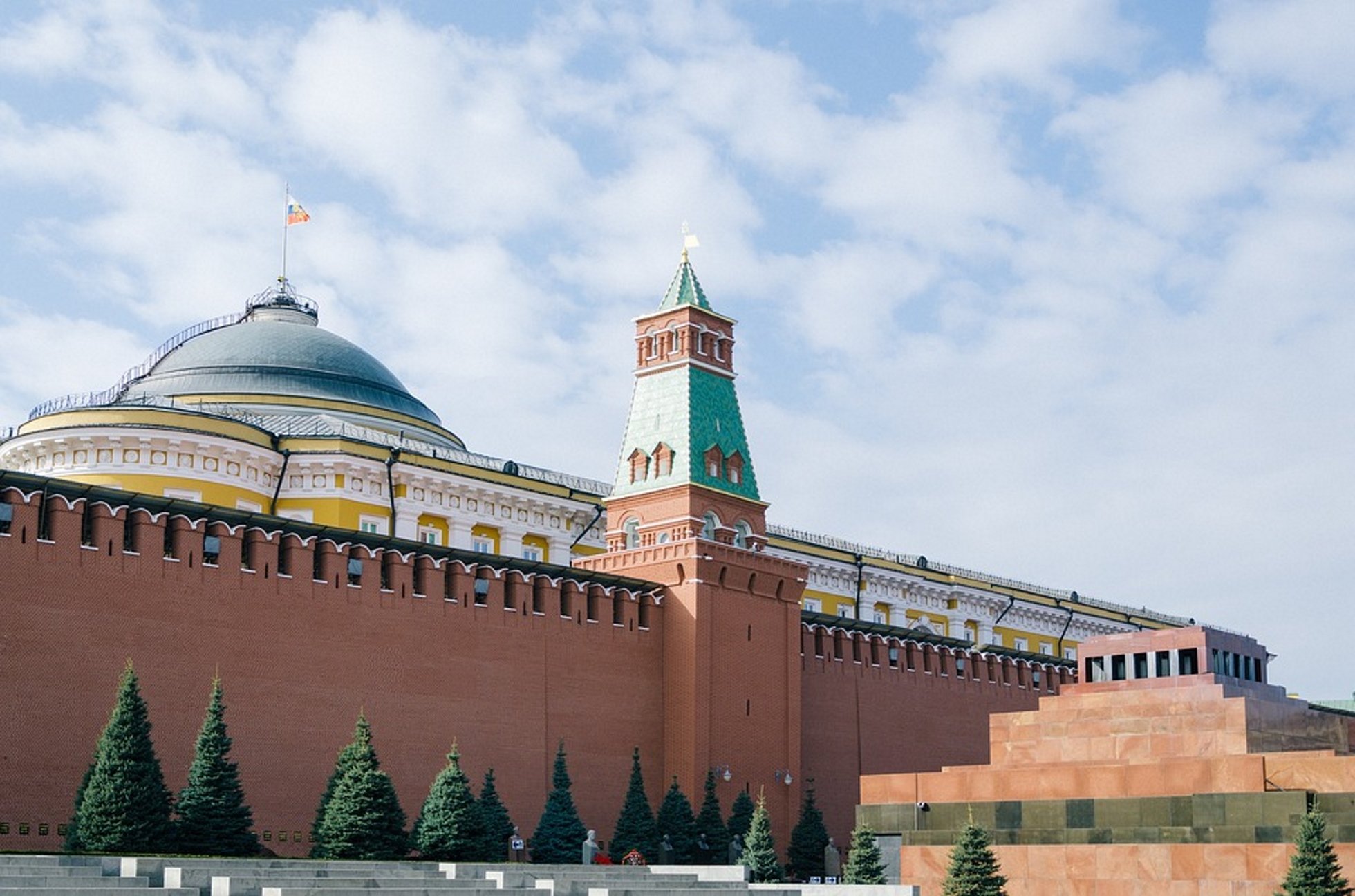This is the full text of an article in Komsomolskaya Pravda, Russia's second largest newspaper in terms of circulation, with a print run of over 20 million, proposing that the country act as a mediator between Catalonia and Spain to find a solution to the current crisis affecting the "people of the Iberian peninsula":
Russia and Catalonia should synchronize their national interests
"In 2019, we’re passing through the 80th anniversary of the end of the Spanish Civil War. That violent conflict has lots of similarities with what is happening in the present day.
Thanks to the international actors of the time, Spain's internal 1930s conflict turned into a European proxy war, to use a modern term for it. The Republicans were backed by Soviet Russia, and the Nationalists received relatively much greater support from Nazi Germany and fascist Italy.
Despite the Russian aid being extremely limited (fewer than 2000 para-military participants in the Iberian peninsula, while Berlin and Rome sent 50,000 and 150,000 troops respectively), mainstream European propaganda portrayed this conflict as Russian aggression which ostensibly needed to be opposed by Western bloc solidarity. Yet the real threat was not Moscow, but rather the rising fascist regimes which, after their experience of modern warfare in Spain, unleashed the most bloody war in human history just six months later.
The Russian society of that era considered the defeat of the Spanish Republican forces, including Catalonia's Generalitat, as our own deep tragedy. Hundreds of Spanish and Catalan orphans were evacuated and shelter found for them across the vast steppes of Soviet Russia.
Today, the Iberian peninsula is experiencing conflict between unionists and the supporters of Catalan independence. And, just as occurred 80 years ago, the propaganda claims that the Catalan independence movement and its 2017 referendum were Russian puppets. Something for which there is absolutely no evidence, except for fairy tales about brutal Russian hackers who accidentally caused the election of the wrong president in world's most powerful country, the US.
Probably, some Catalan patriots have been taken in by these ridiculous allegations, but we Russians have been facing such absurd Western propaganda, with its wilful blindness and double standards, for decades. The West recognized the independence of Kosovo (without any referendum) in 2008 — and passed over the referendum for unification of Russia and the Crimea in 2014. In the same year, the West recognised the Scottish independence referendum — and it rejected that of Donbass.
The Western reaction to the successful cases of independence (such as Kosovo, as already mentioned, or South Sudan in 2011) are the most interesting. Why did the West recognize these but neglect the simultaneous Catalan vote?
For me, the reason is that the West supports only those movements that are ready to become its proxies soon after gaining independence. Such as Kosovo, where Camp Bondsteel, one of the largest and most covert American military bases had been operating since the illegal NATO invasion of Yugoslavia in 1999.
But the Catalans, as an ancient and highly developed nation, will not be anyone’s puppets. Just imagine a US military base in Catalonia. You can't? There, that’s the explanation of the free world passing over the latest Catalan independence movement.
In any case, despite having being subdued with "a little" force, the Catalan independence movement is alive. So is the conflict in the Iberian peninsula (because numerous Catalans and most Spaniards are unionists whose interests should also matter).
Now or in the future, this problem must be solved — and may the solution be non-violent and democratic.
Among global actors, there is only one country providing stability rather than political or economic slavery. That’s my country, Russia. Through Russian negotiation, a peace process and inclusive dialogue has finally begun in Syria, where Moscow has managed to bring to the table some very different interests, from the Syrian democratic opposition, to the Kurds and Assad's forces.
Russians and Catalans have nothing that divides them, and a lot in common. The same applies to Spain which is the only great European country that has never had a war with Russia.
Therefore, should there be a request from the people of the Iberian peninsula, Moscow will be ready to provide its multifaceted assistance once again, aimed at maintaining stability in our common European home."
Edvard Chesnokov, deputy international editor, Komsomolskaya Pravda

